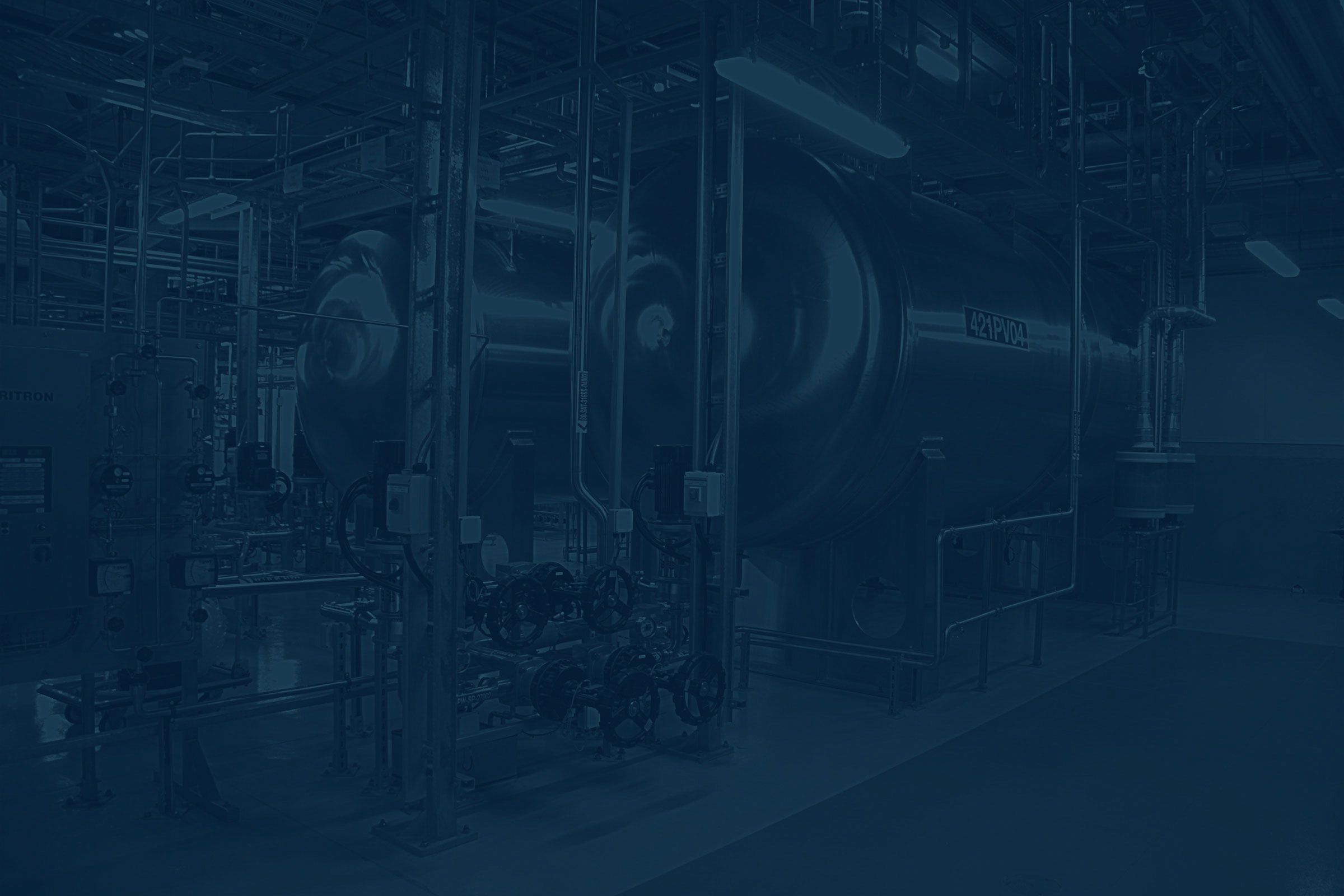Practically all CET Group projects begin with form of Process modelling. CET Group have developed techniques and are excellent at adapting a model to suit the process.
CET Group has also undertaken many assignments to optimise or de-bottleneck existing processes.
One project involved shaving off time for a complicated process that involved many unit operations. Real plant data was collected and entered into the developed model and a number of optimisations were discovered. The model was run in real time with the process and the benefits of the optimisations resulted in the required time savings for the process. No new equipment was necessary to achieve the time saving.



